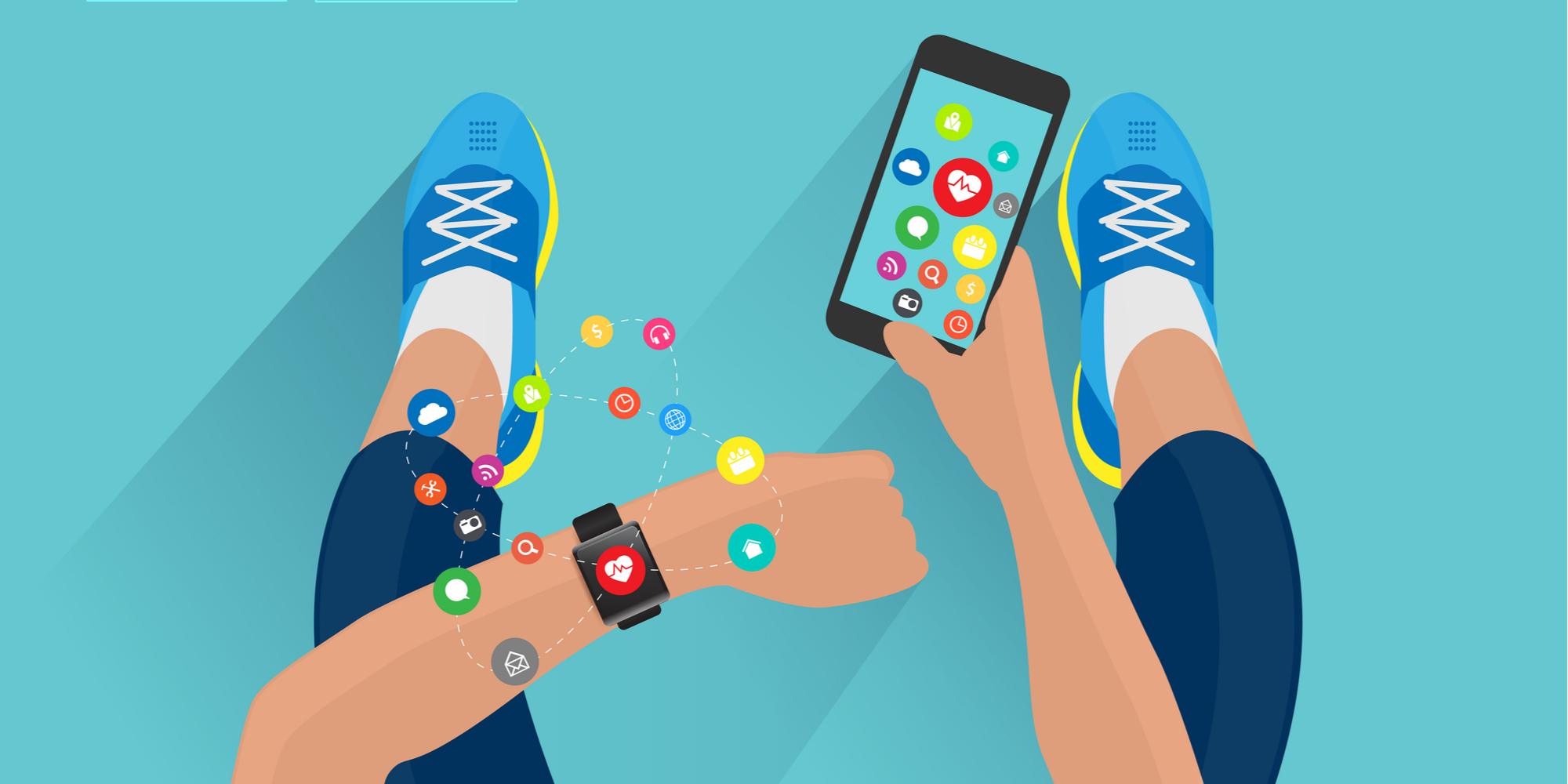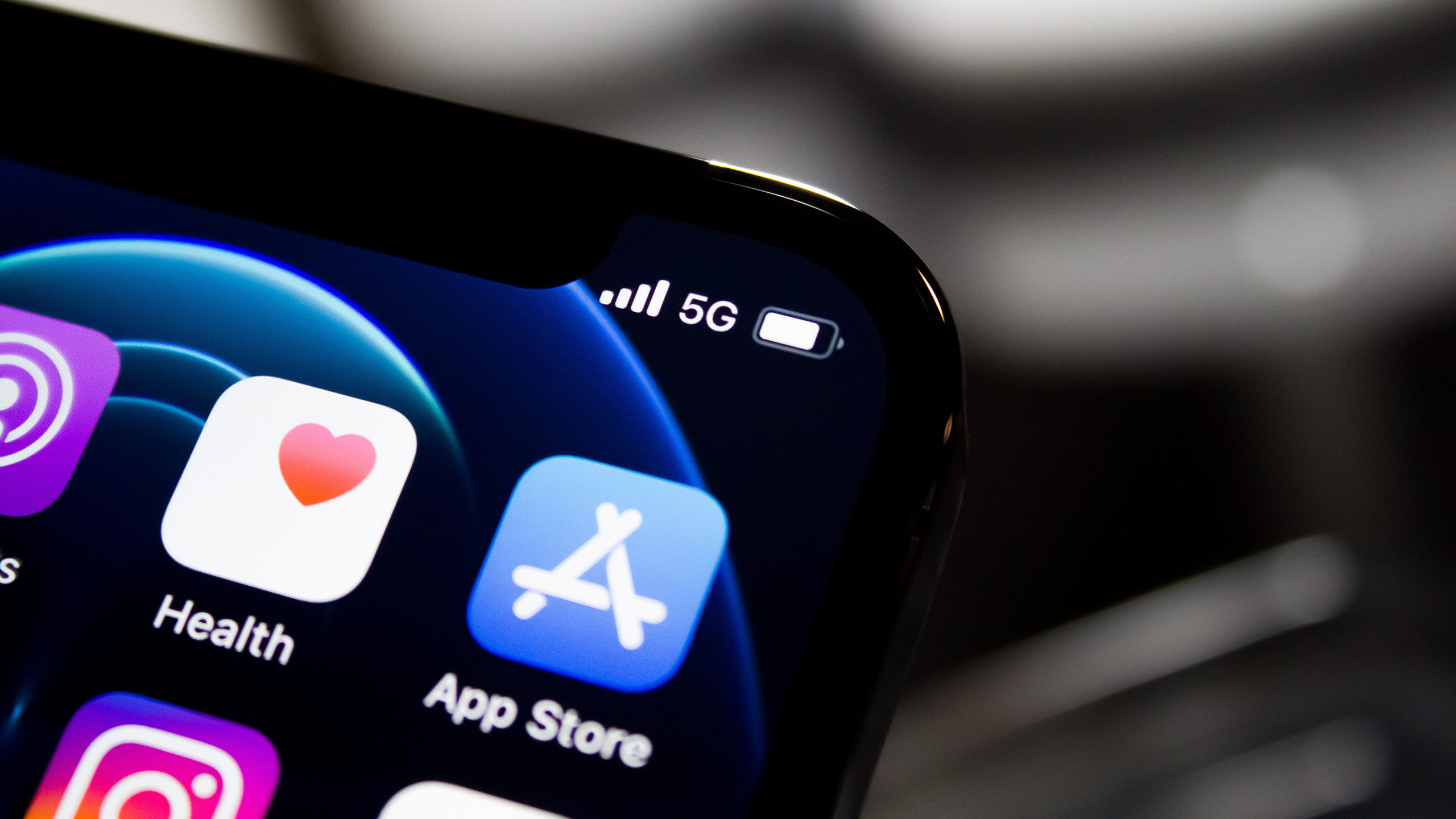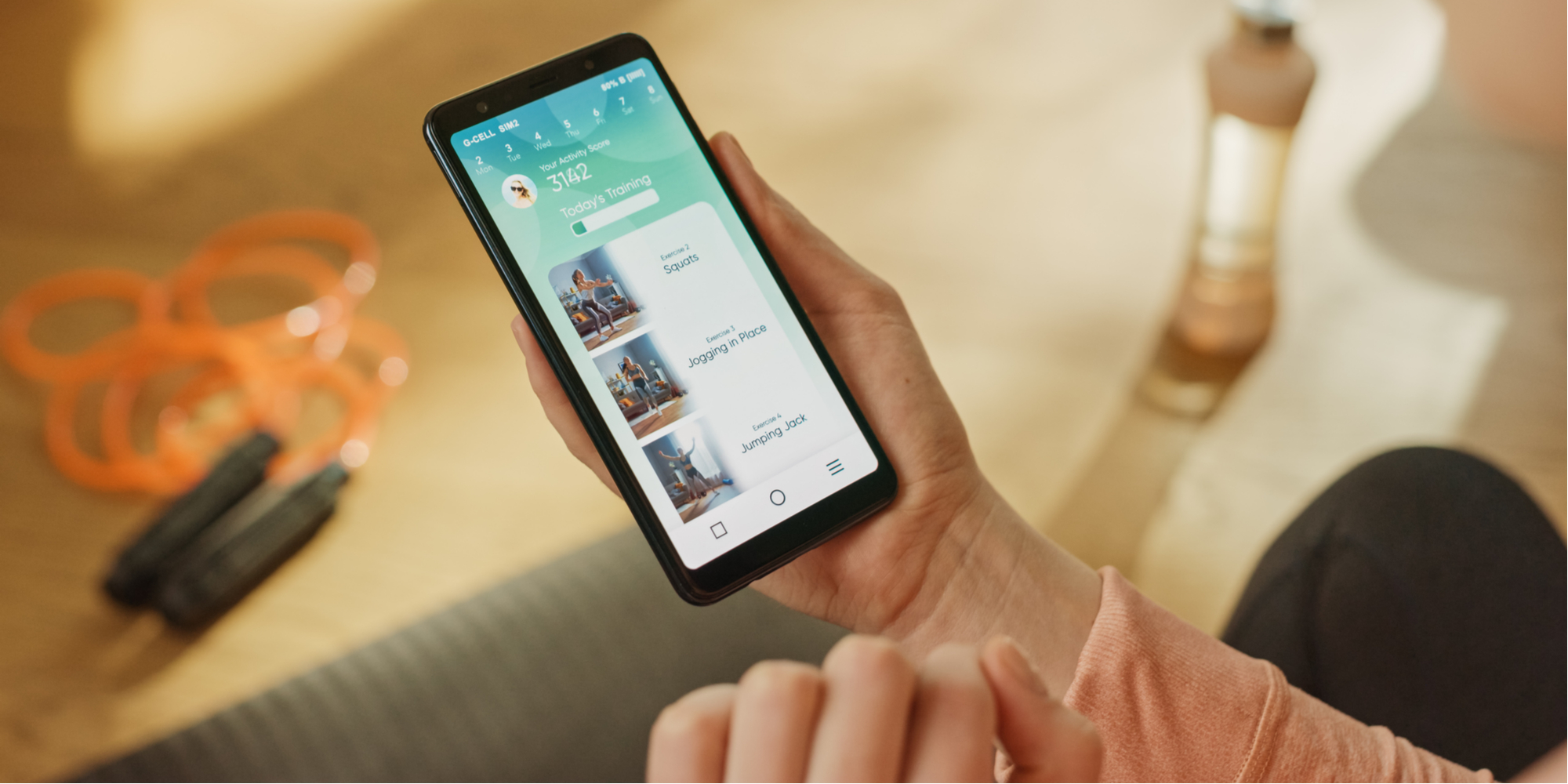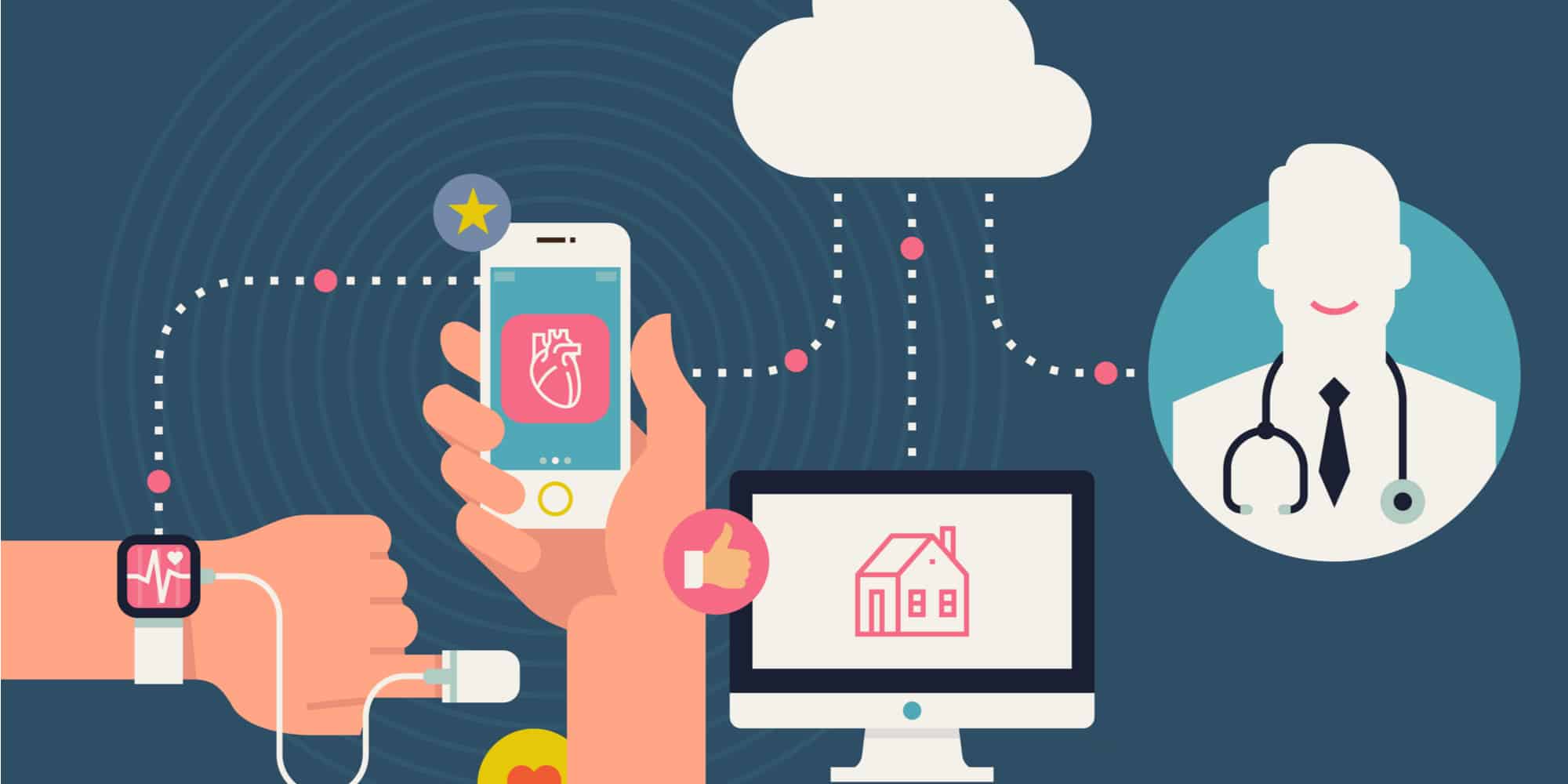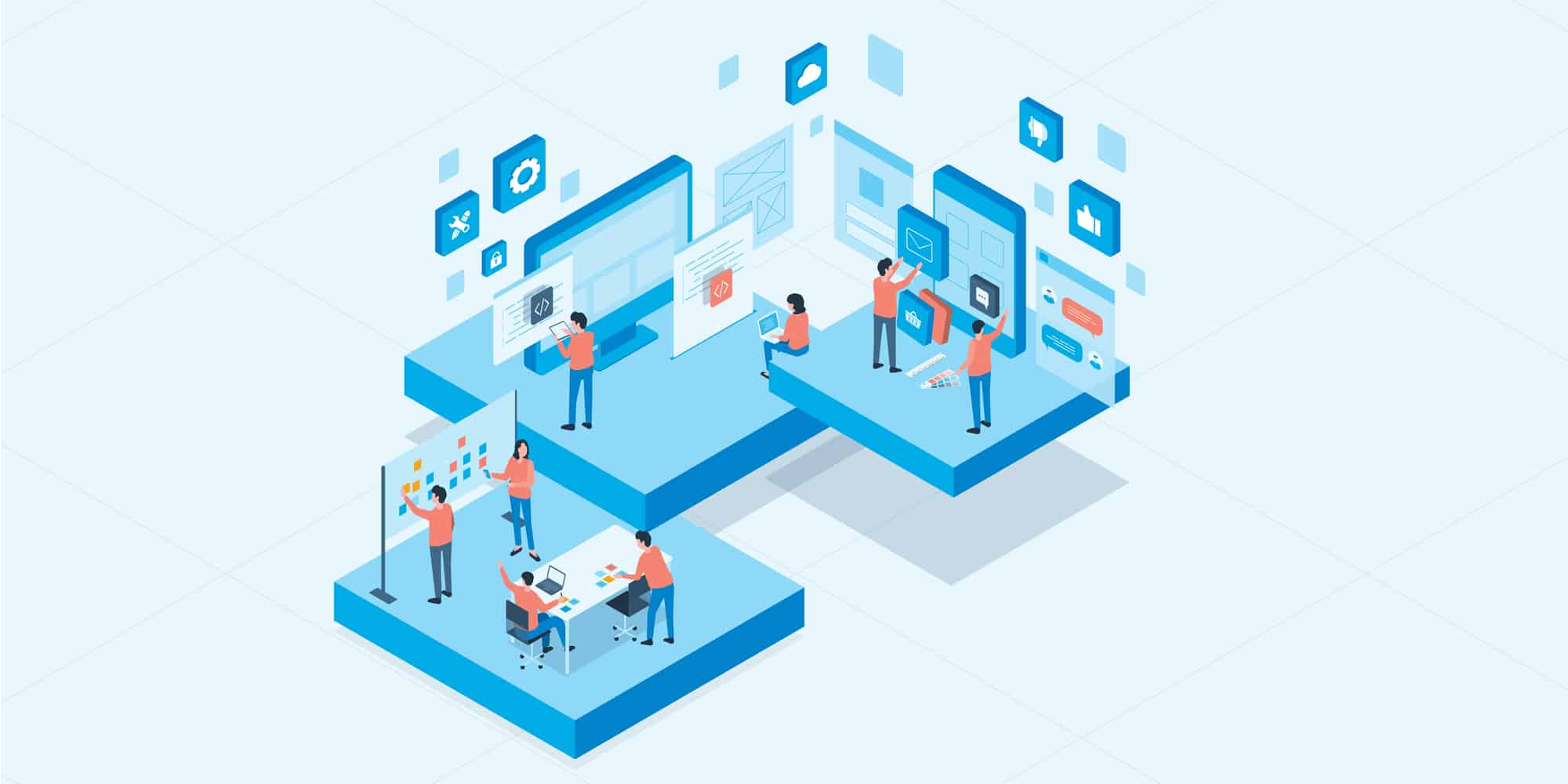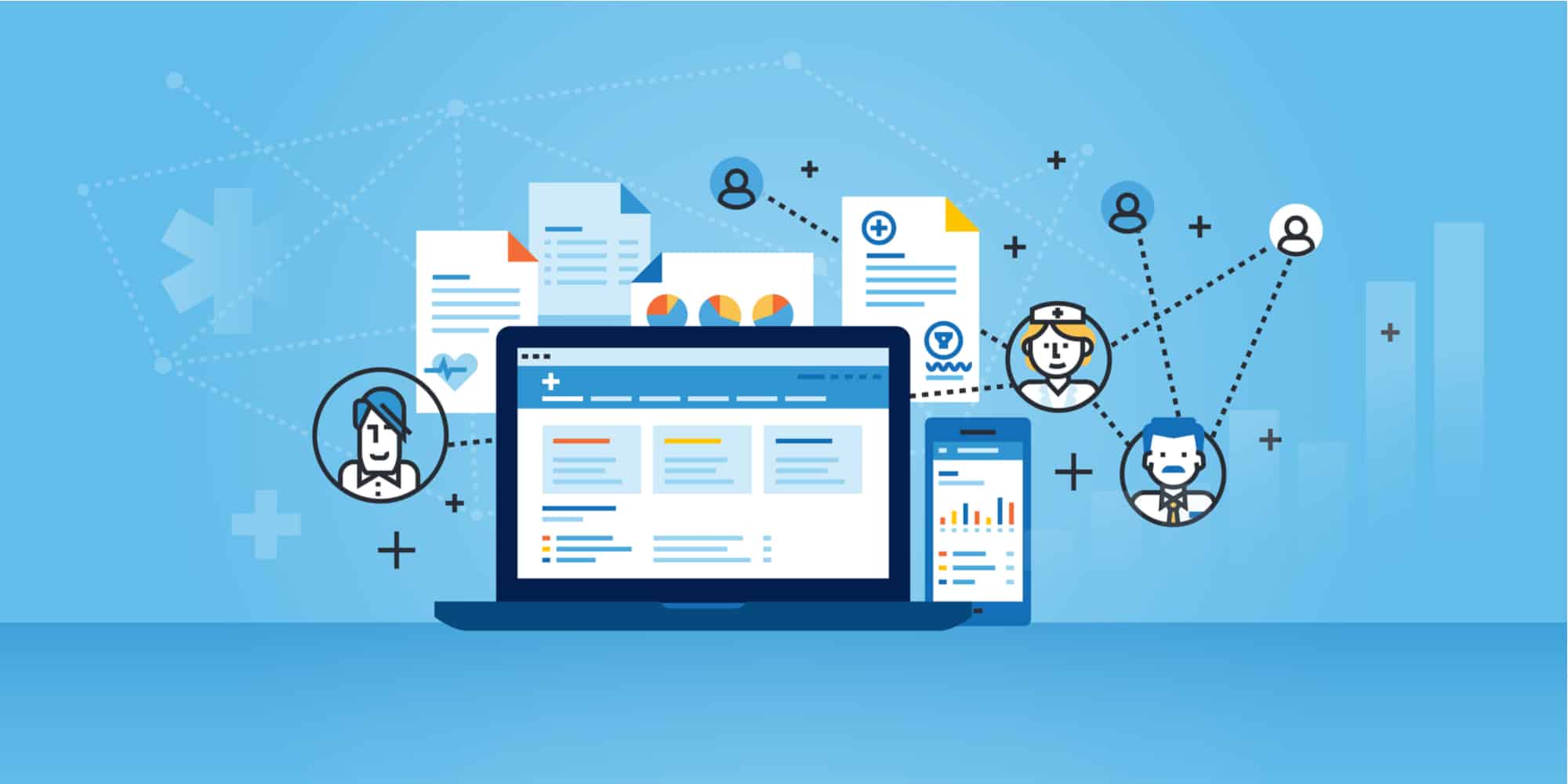MindSea Digital Health Blog
News and insights on mobile app development, design, and digital healthcare
-
Top Digital Health App Features in 2023
At MindSea, we don’t just design and develop apps. While it is the primary focus of our work, it’s more common for us to work with clients on more complex “digital ecosystems” that include a mobile app, one or more responsive websites, a secure backend and integrations with smart devices and wearables. We see it… Read more
-
Seven Mobile App Statistics to Know in 2023
In 2023, mobile apps will generate $543 billion in revenue. That’s impressive. Have you ever wondered what drives someone to use (or not use) a mobile app? Or what type of mobile app they’re likely to use the most? Or how much time they’re spending in the mobile apps they download? In this post, we’ve… Read more
-
Should You Build A Mobile App In 2023?
Mobile apps continue to become more and more essential to the daily lives of Canadians. Since 2019, according to data.ai’s annual “State of Mobile” report for 2023, average hours spent on mobile per day in Canada has risen from just over 3 hours a day to 4.6 hours a day – an almost 50% increase.… Read more
-
Two Major Updates from Apple’s WWDC 2022
Apple made two announcements at their annual World Wide Developers Conference (WWDC) that are potentially exciting for Mindsea’s customers and their customers: improvements to Sleep Analysis and the launch of Passkeys. The first announcement introduced advances in the Health Apps for iPhone and Apple watch. To start, sleep analysis will be a lot more detailed.… Read more
-
An Overview of ISO Policy For Health and Wellness Apps
The Health and Wellness industry is growing at a rapid rate. We recently covered many of the interesting mobile health app statistics for 2022, but consider the following market figures: The global mHealth apps was valued at USD 38.2 billion in 2021 and is expected to expand to almost 12% more by 2030. The global… Read more
-
5 Canadian Digital Health Companies You Should Know About
Canada spends more of its GDP on healthcare than the average among its fellow Organization for Economic Cooperation and Development countries, but it also has something to show for it — a longer life expectancy. While government policy certainly plays a role in longevity, we can also look to Canadian digital healthcare leaders to develop… Read more
-
Examples of Human Centered Design Concepts at Work
In our previous post we discussed the importance of human-centered design. In this post we’d like to share some real-world examples of human centered design concepts in health-app development. The International Organization of Standards says human centered design concepts “improves human well-being, user satisfaction, accessibility, and sustainability.” To do this, creators should go through three… Read more
-
It’s obvious health tech needs to zero-in on Human Centered Design. Here’s how.
No one wants a doctor with a cold bedside manner. The same is true for digital healthcare. We want technology that’s approachable and concerned with our whole being, not just our heart, lungs, mental health, or aching feet. Healthcare providers know the importance of a human-centered approach to medicine, even if it doesn’t always show… Read more
-
It’s time to embrace it: Non-technical, non-medical founders can make beautiful healthcare solutions
About 15 years ago, the Harvard Business Review wrote an article titled “Why Innovation in Health Care Is So Hard.” A lot of its argument was based on the existence of poor technology, insufficient funding, consumer doubt, and general policy issues. Fortunately, most of these are no longer major barriers to creating meaningfully designed digital… Read more
-
Self-service healthcare is here to stay and it’s going to challenge product strategists
Regardless of the impact COVID-19 has had on how patients communicate with their healthcare providers, the rising trend of self-service healthcare is here to stay. You may have noticed many of your own doctors’ offices have continued to offer automated, patient-driven services like chatbot-mediated registration, online portal enhancements, or mHealth apps. This increased trend of self-participation, where patients control more aspects of… Read more
